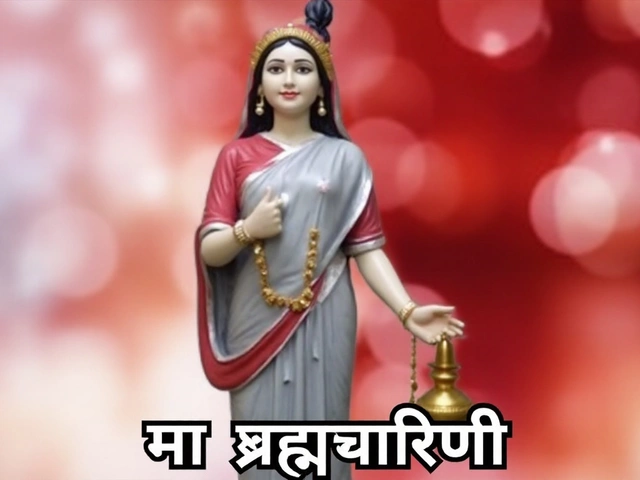What is wrong with Indian news channels?
The Indian news media has been a source of political polarization and misinformation for years. From sensationalized headlines to biased reporting, Indian news channels have often been accused of propagating a false narrative about current events.
The problem is particularly acute in the current political climate. With the rise of social media, the spread of fake news and other forms of misinformation has become easier and more pervasive. Indian news channels have been accused of feeding into this narrative, amplifying the most divisive and polarizing stories and leaving out important facts.
Moreover, these channels often give disproportionate coverage to certain political figures, creating a skewed view of the political landscape. This can lead to a false sense of security among viewers, as they are misled into believing that certain politicians are more powerful or popular than they actually are.
The issue is compounded by the fact that many Indian news channels are owned by powerful corporate interests, and are often used as a tool to advance their own agendas. This can lead to the suppression of certain stories, or an emphasis on certain narratives that serve the interests of the owners.
The result of all this is that Indian news channels are increasingly becoming a source of misinformation and political polarization. This is a worrying trend, and one that needs to be addressed if we are to ensure that viewers have access to accurate, unbiased information.
As one of the most influential media outlets in India, news channels have an immense impact on shaping public opinion and creating a narrative. Unfortunately, many Indian news channels have been criticized for their biased reporting and lack of integrity. They often focus on sensationalizing stories rather than providing accurate, unbiased information, which can lead to a distorted picture of reality.
The impact of these news channels is far-reaching, as they can influence people's views and opinions of the world around them. This is especially true in India, where news channels are often one of the only sources of information for many people. The content they produce can have a significant impact on how people view their own country, and the policies and politics that shape it.
The biased reporting of Indian news channels has also had a detrimental effect on the culture and values of Indian society. By focusing on negative stories and events, they can create a sense of fear and mistrust among people, which can lead to a breakdown of social cohesion. This can lead to further divisions in society, and can even contribute to the growth of extremist ideologies.
It is essential that Indian news channels take responsibility for the content they produce and strive to provide accurate, unbiased reporting. This is the only way to ensure that people are being informed with the truth, rather than being manipulated by misinformation or sensationalism. It is also essential that news channels actively engage with the public and seek to understand their views in order to ensure that their reporting is fair and balanced.
The Indian news media has been a powerful force in India for many years. Despite this, there is much to be said about the unethical practices of many Indian news channels. From sensationalizing and manipulating facts to spreading misinformation, Indian news channels have been accused of a variety of unethical practices.
One of the most common complaints about Indian news channels is their tendency to sensationalize news stories. This means that news stories are often exaggerated or presented in such a way as to make them more interesting and attention-grabbing, even if they are not necessarily accurate. This practice can lead to a distorted view of the facts, confusing viewers and even creating false impressions of events.
Another issue with Indian news channels is the manipulation of facts. This can involve omitting certain facts, emphasizing certain facts over others, or even presenting false information in order to advance a certain political or social agenda. This type of manipulation can be extremely damaging to public discourse and has the potential to cause confusion and mistrust among viewers.
Finally, Indian news channels have been accused of spreading misinformation. This includes propagating false or unsubstantiated stories, as well as biased reporting that favors certain political or social ideologies. This type of reporting can be extremely dangerous and can lead to serious consequences, including violence, political unrest, and even civil war.
The unethical practices of Indian news channels have serious consequences. They can lead to confusion and mistrust among viewers, as well as a distorted view of events. In addition, these practices can lead to violence, political unrest, and civil war. It is therefore essential that news channels take steps to ensure that their reporting is accurate and objective.





